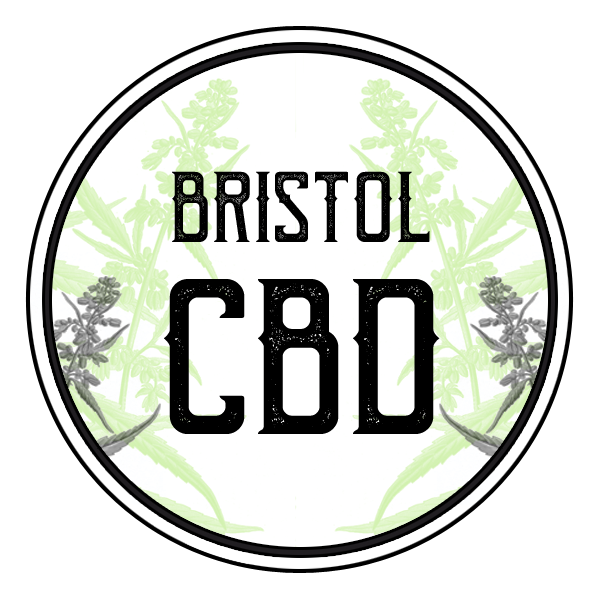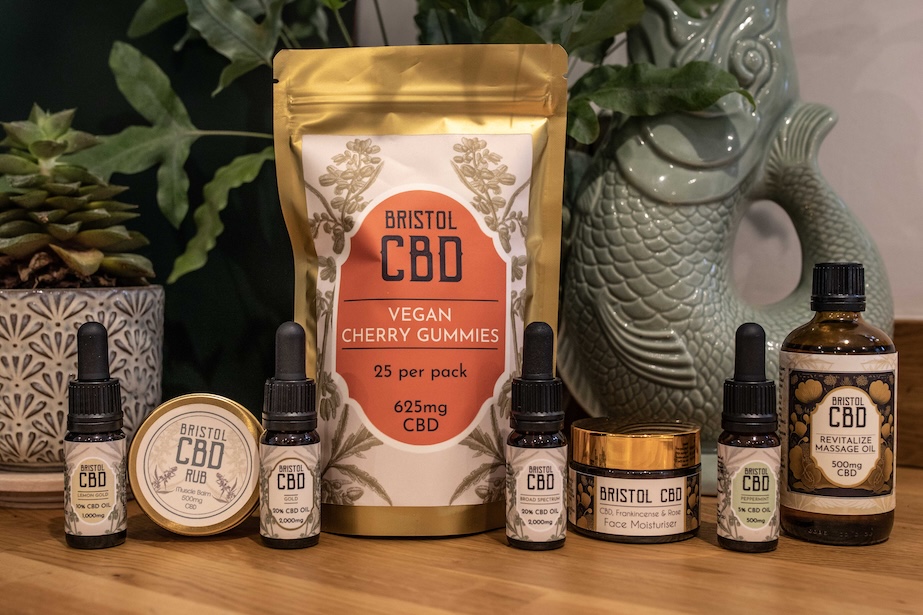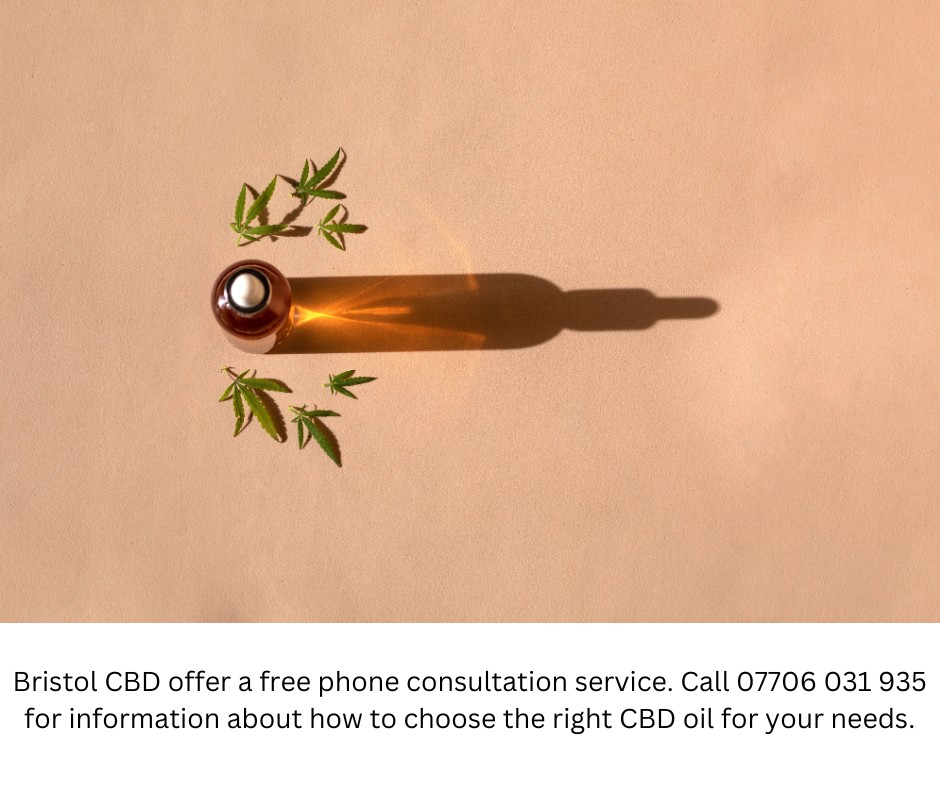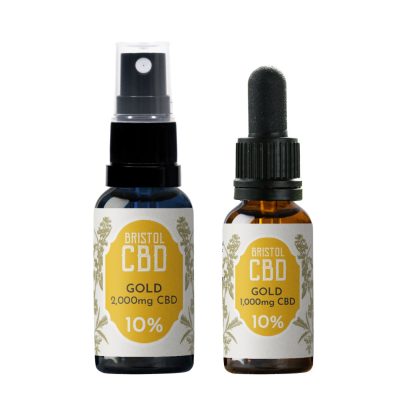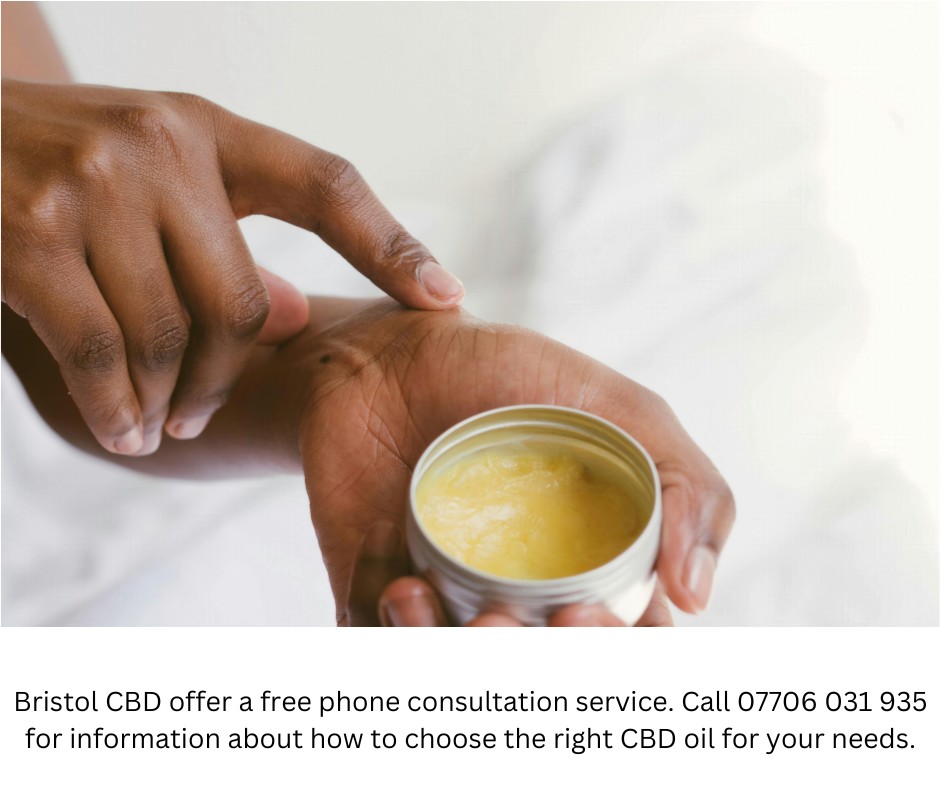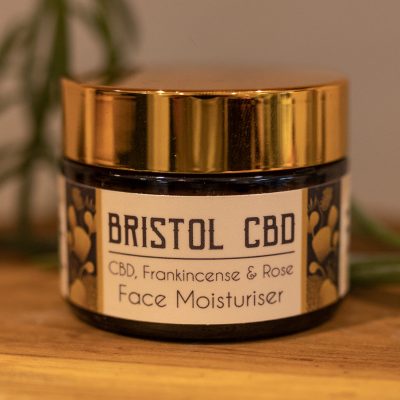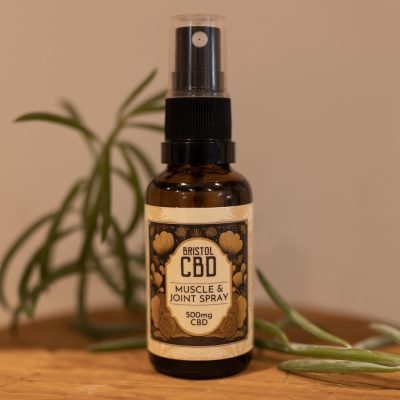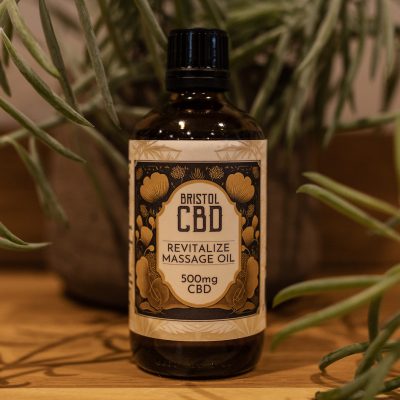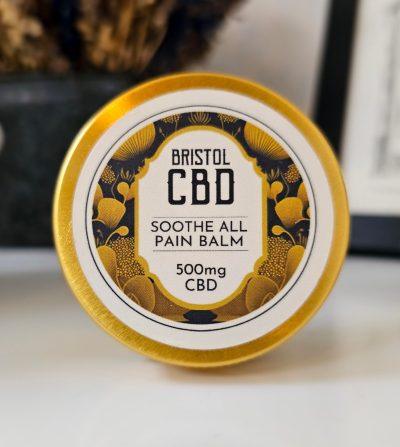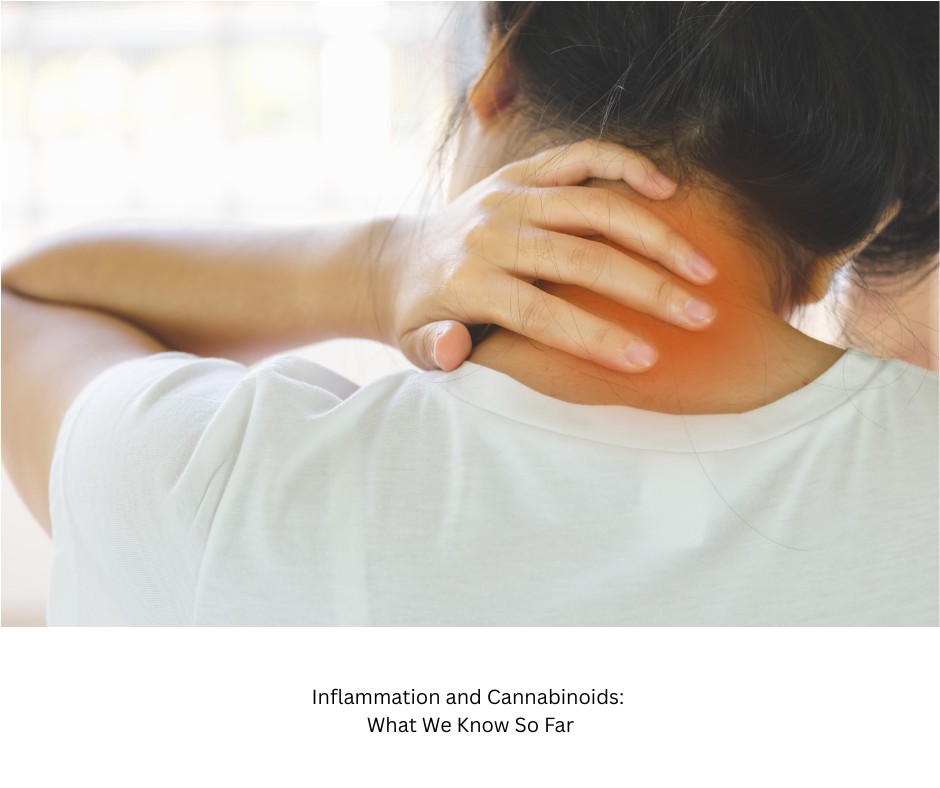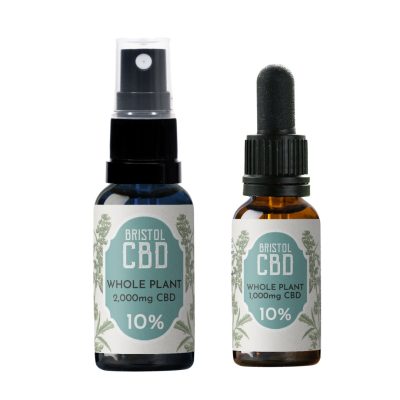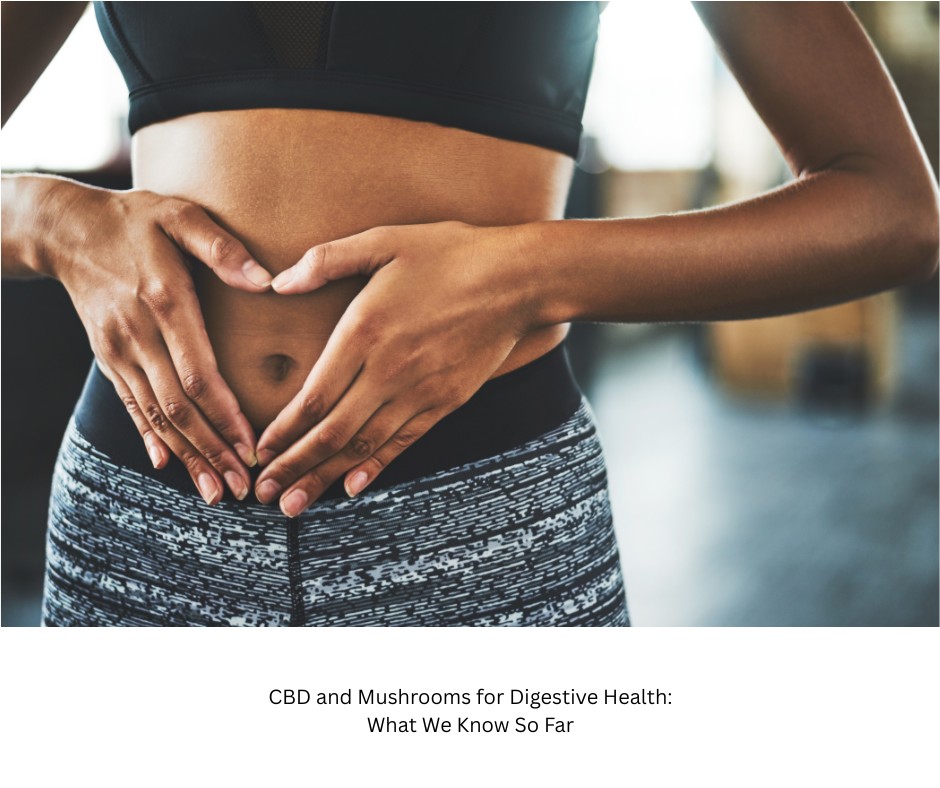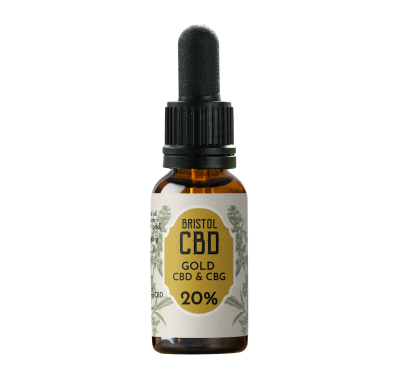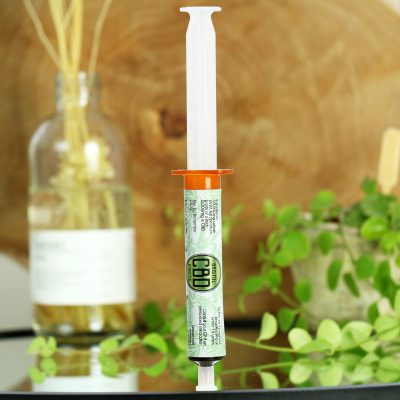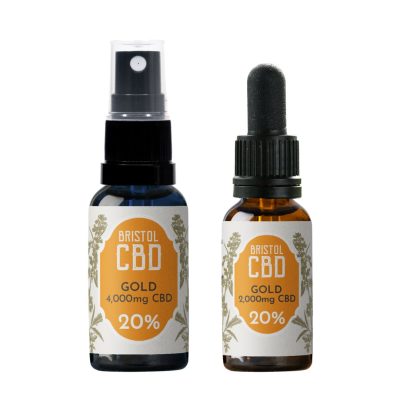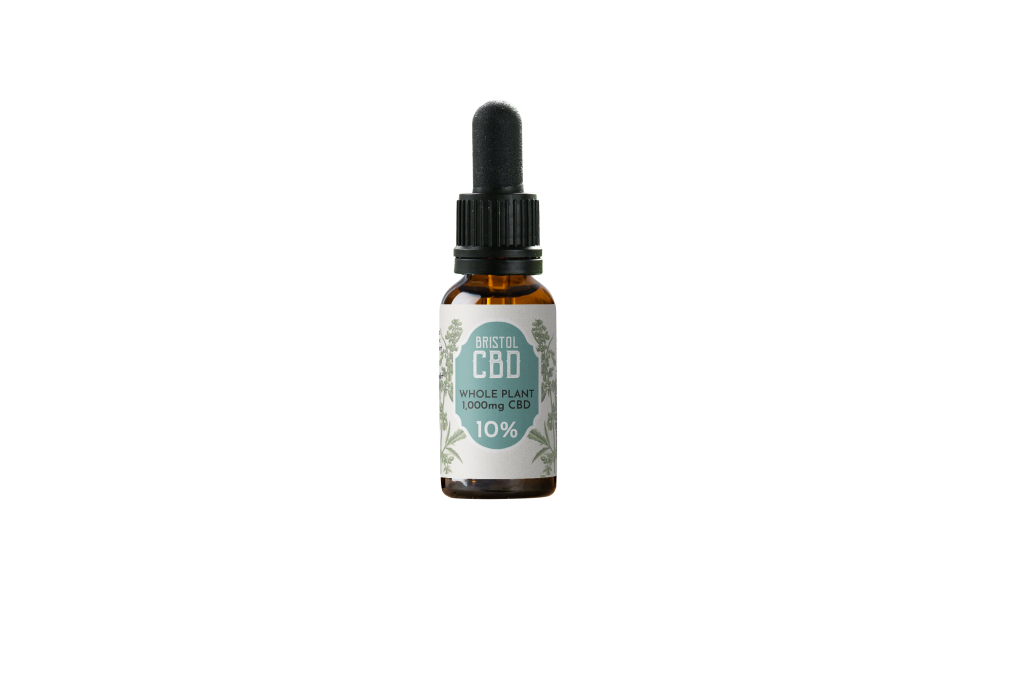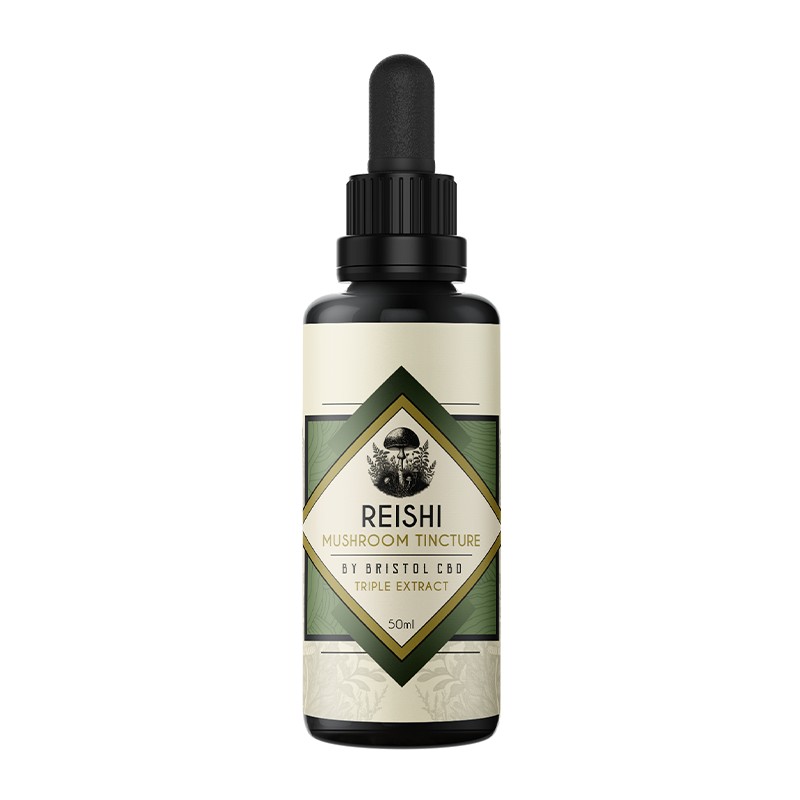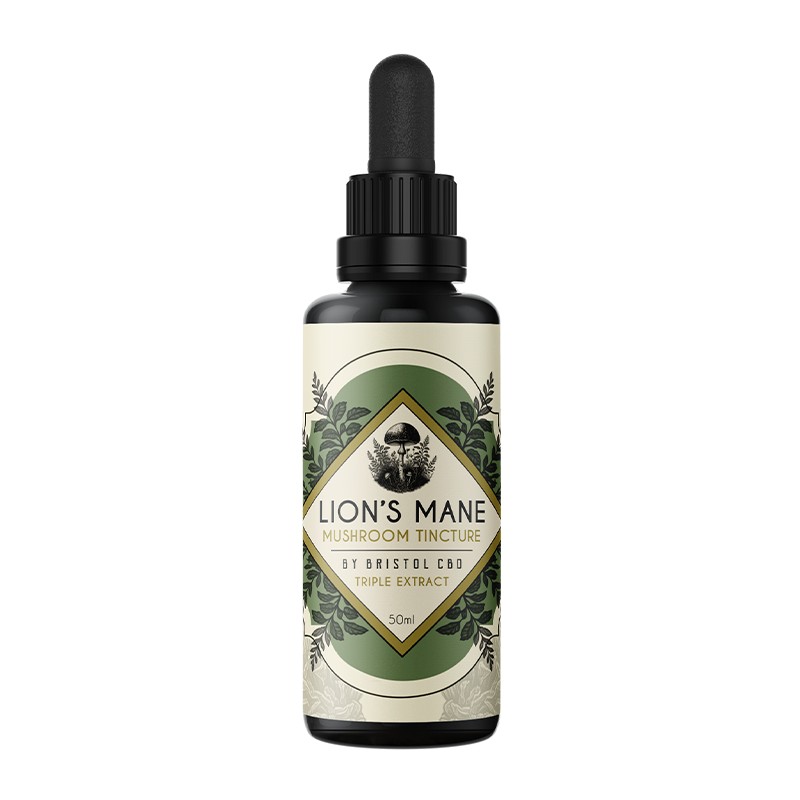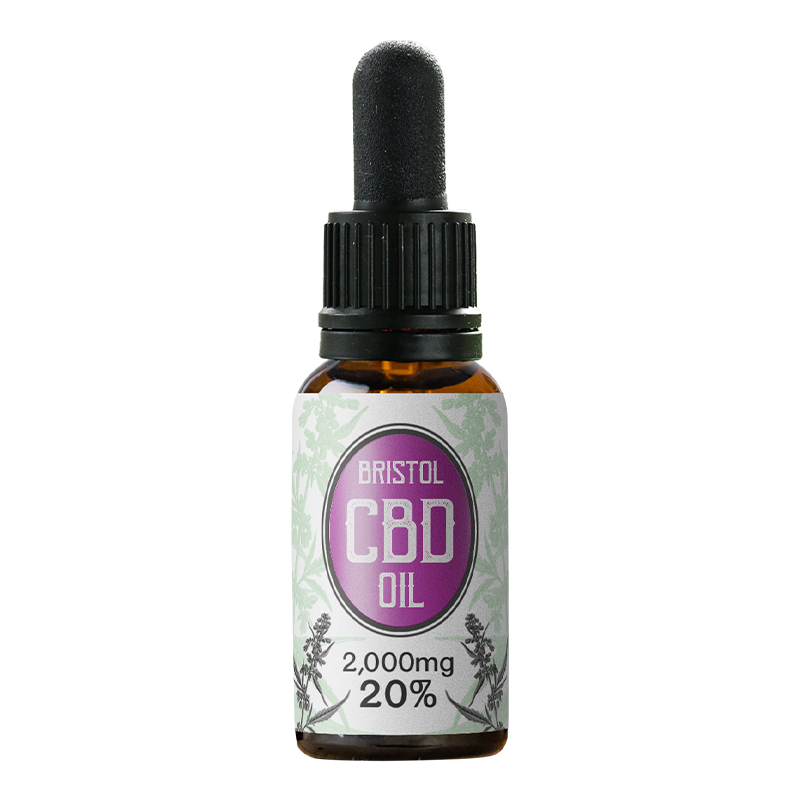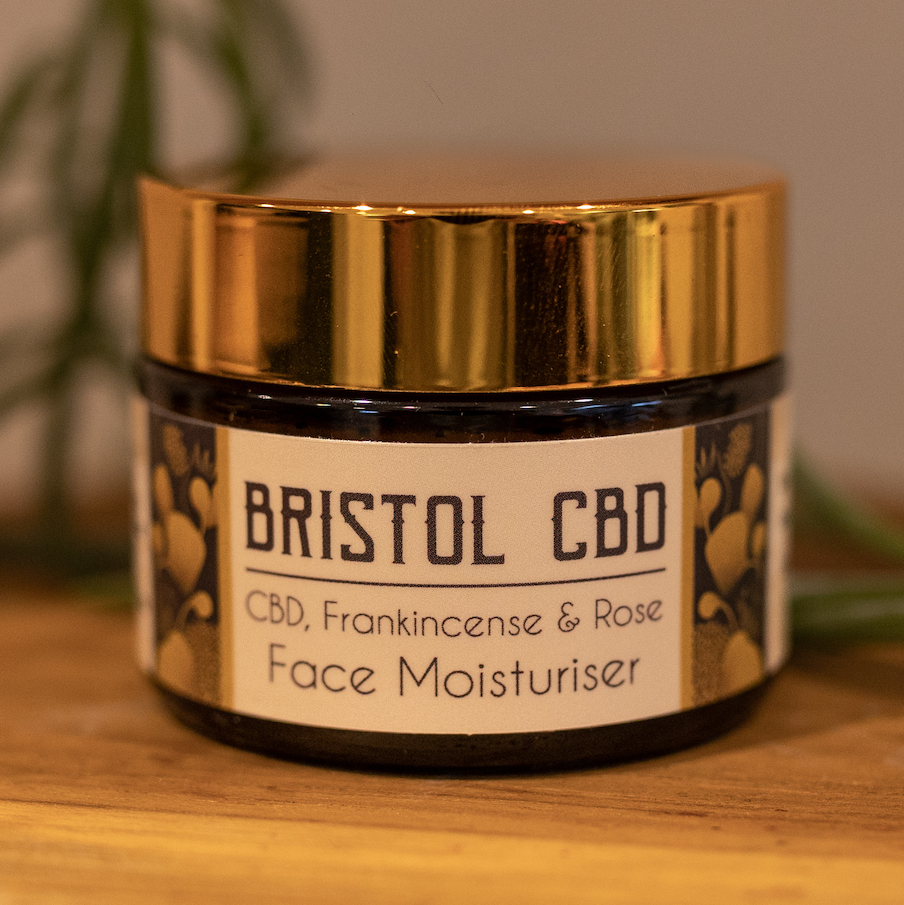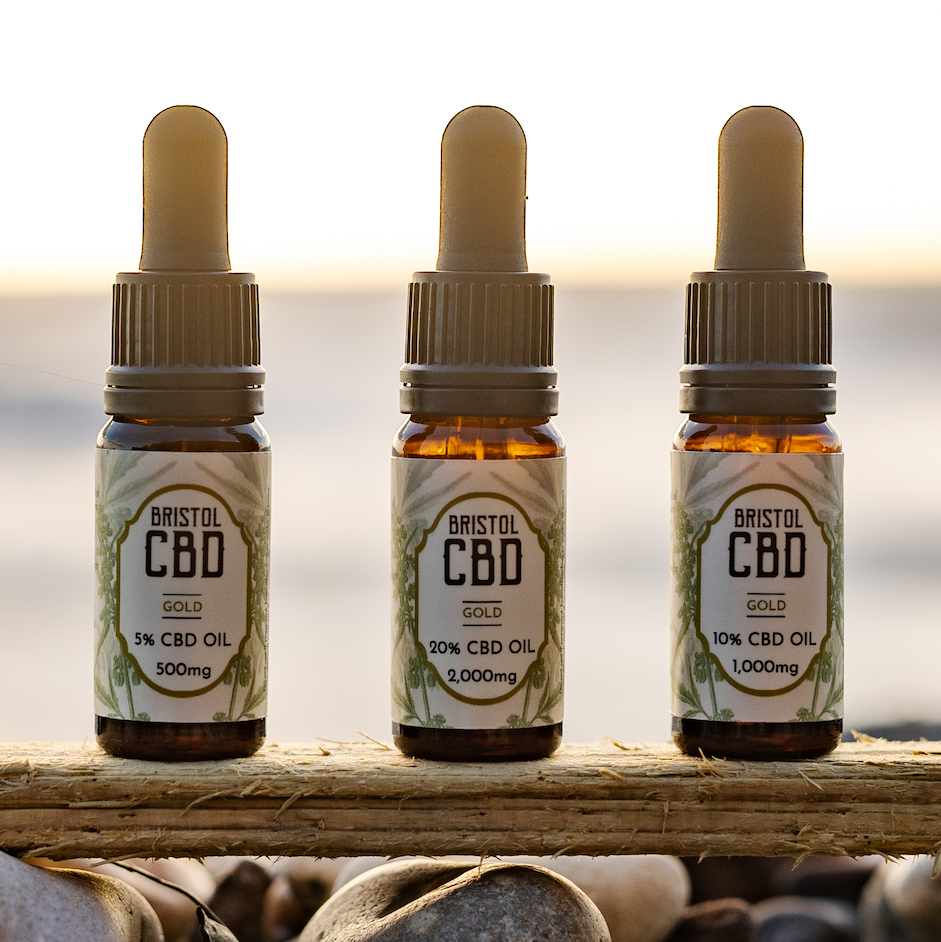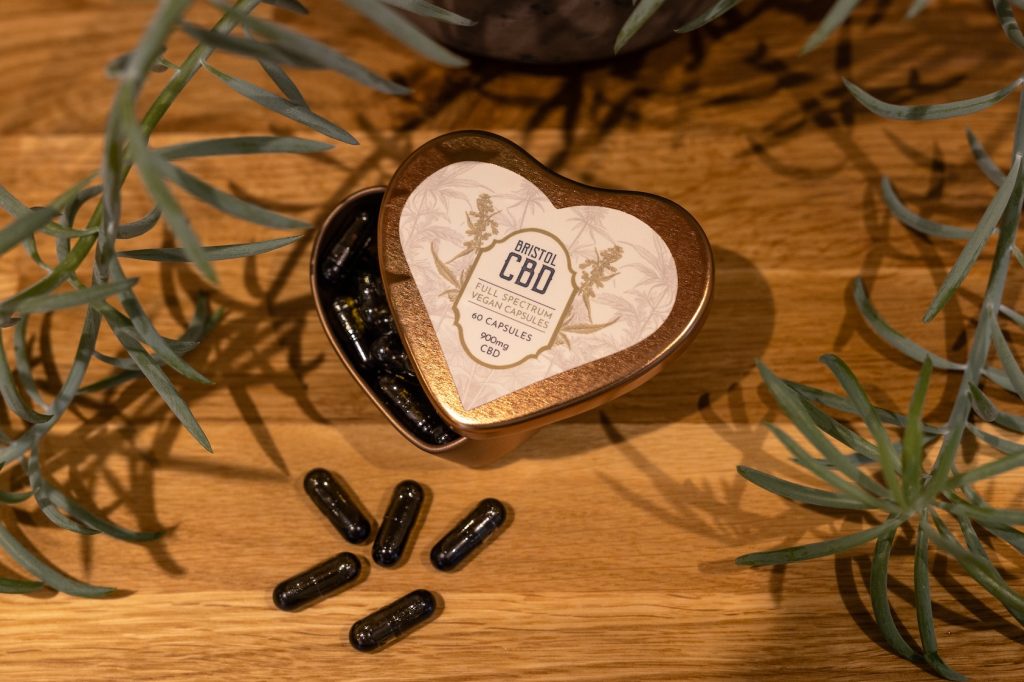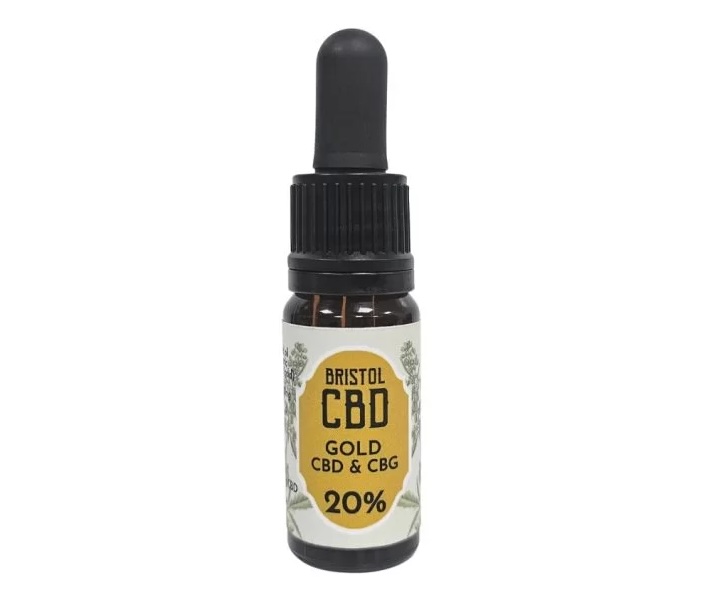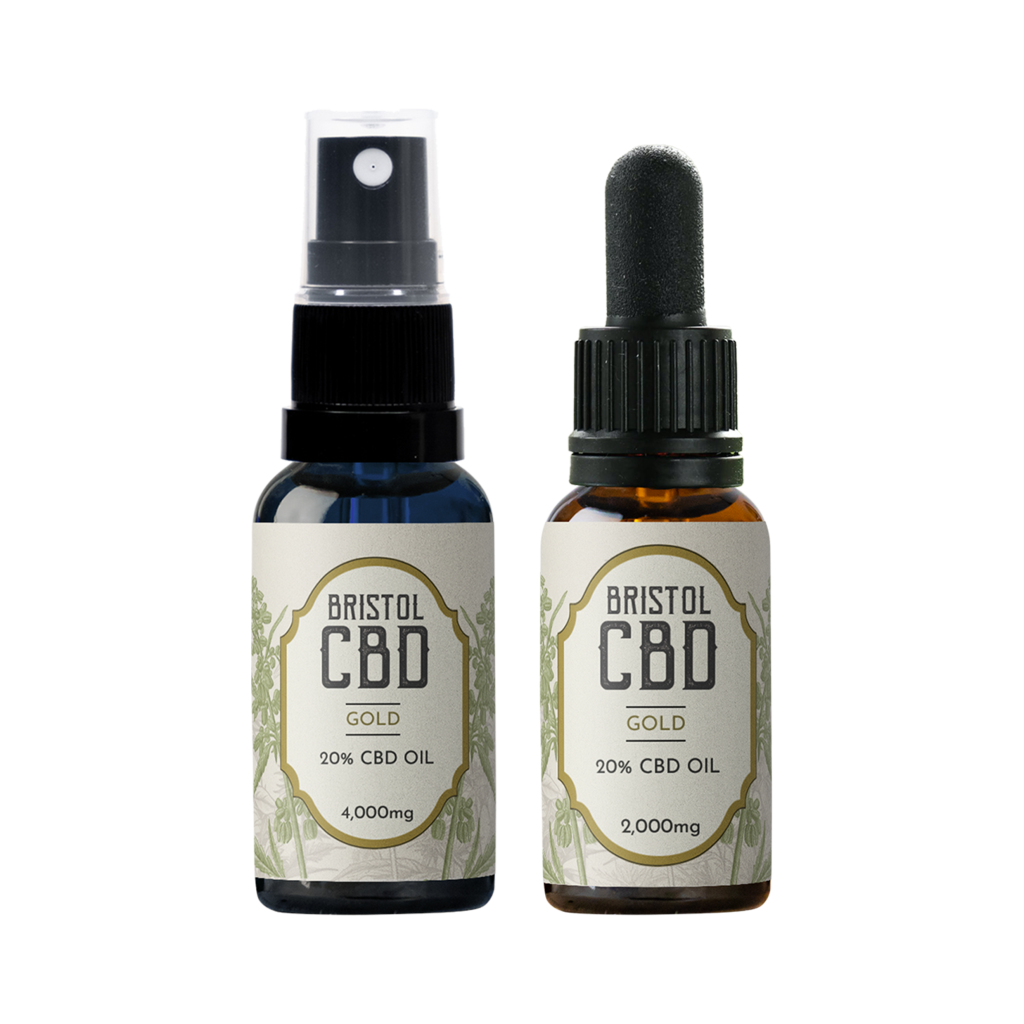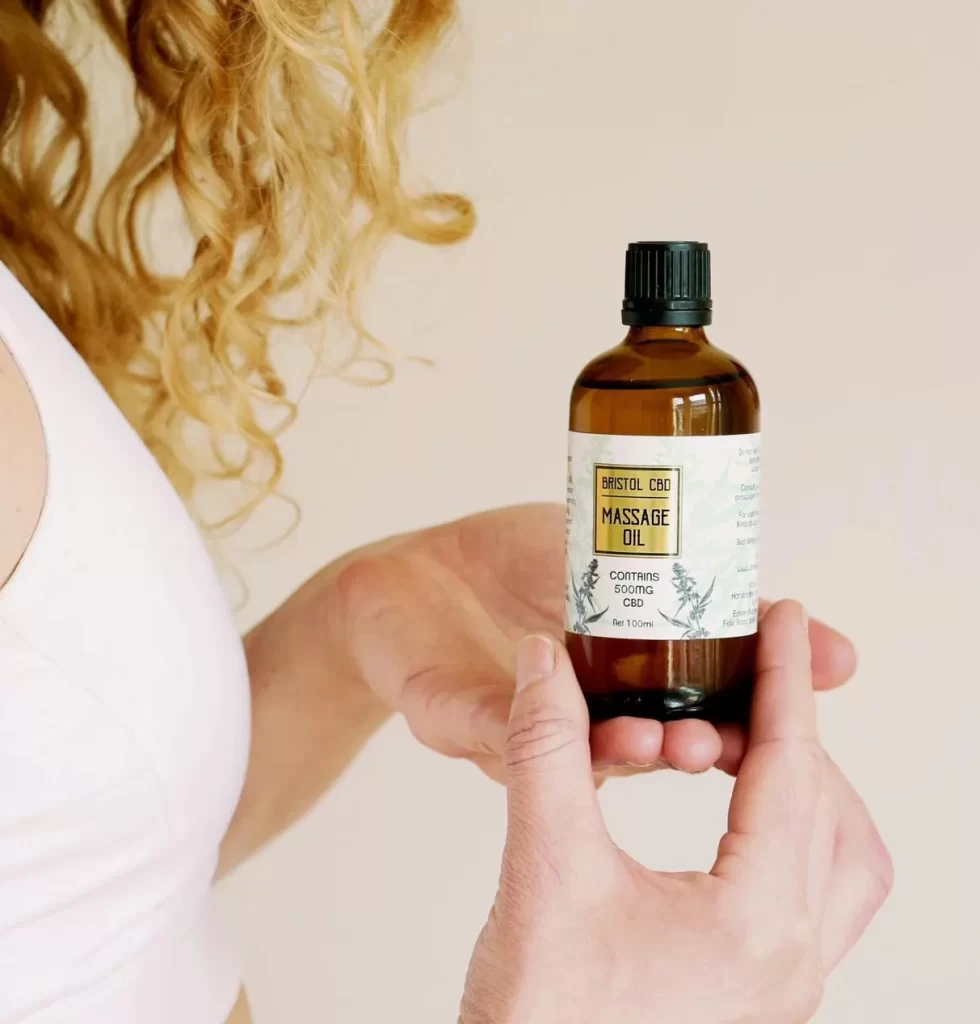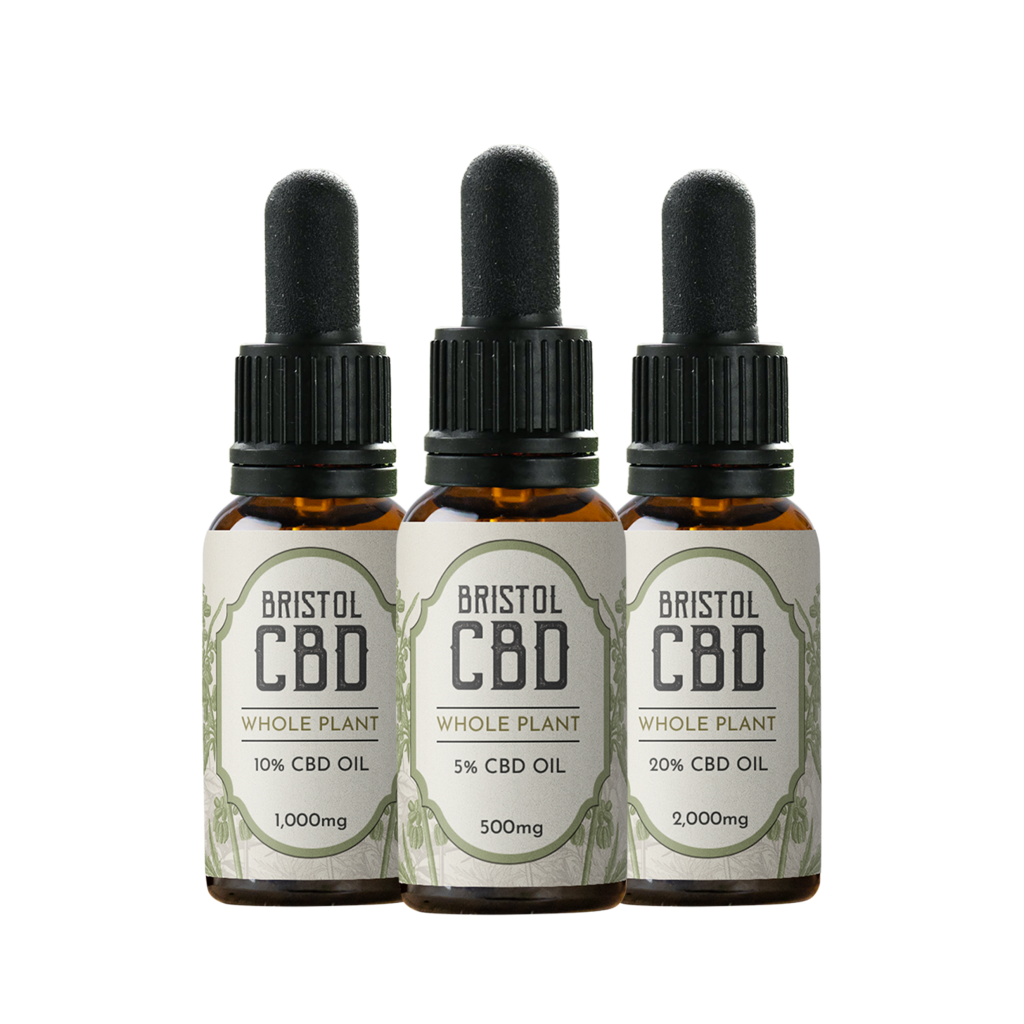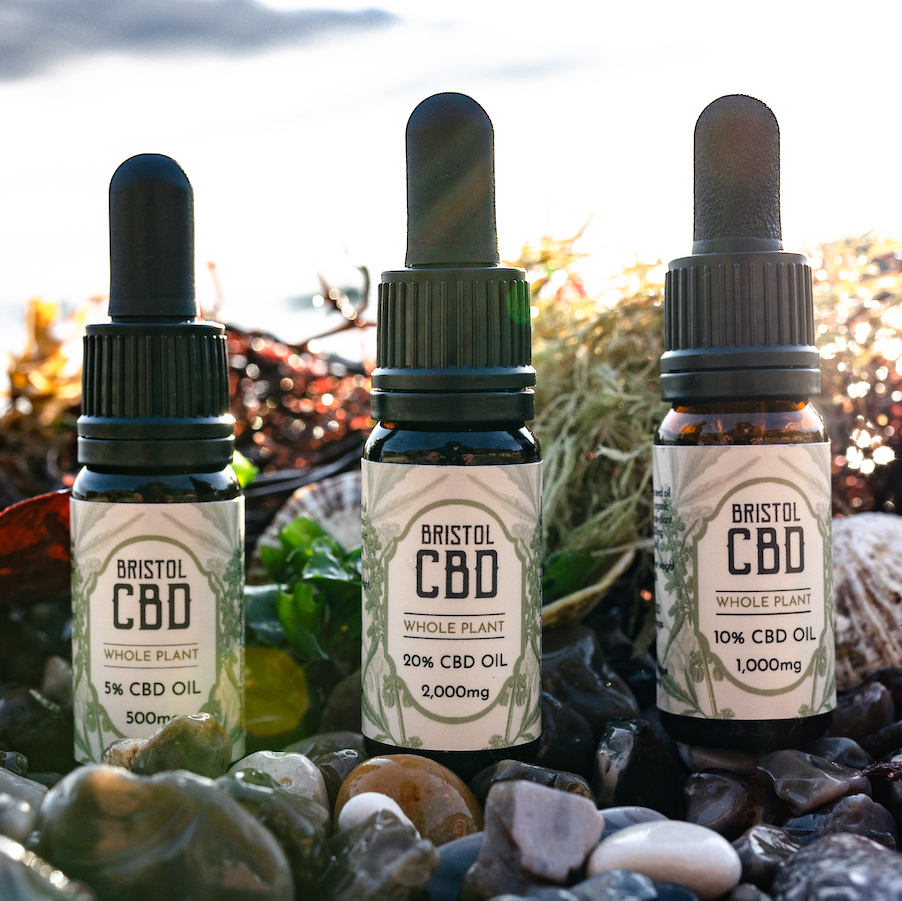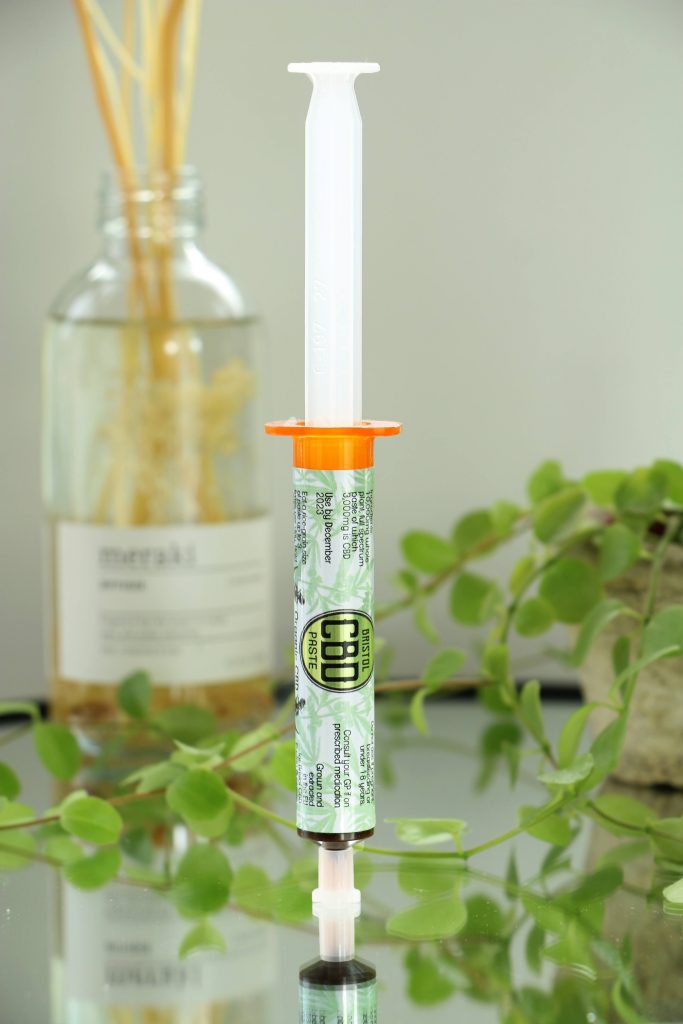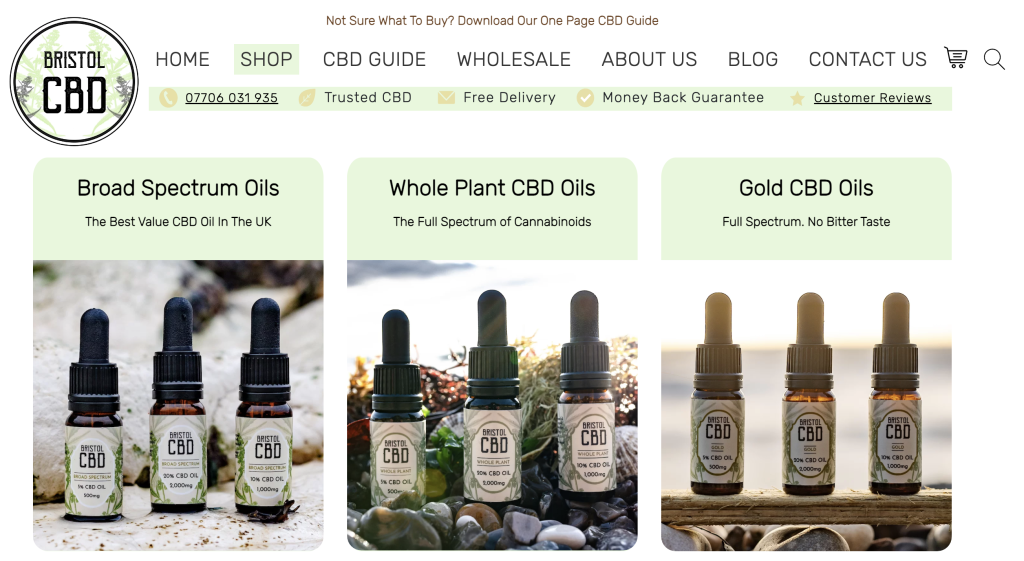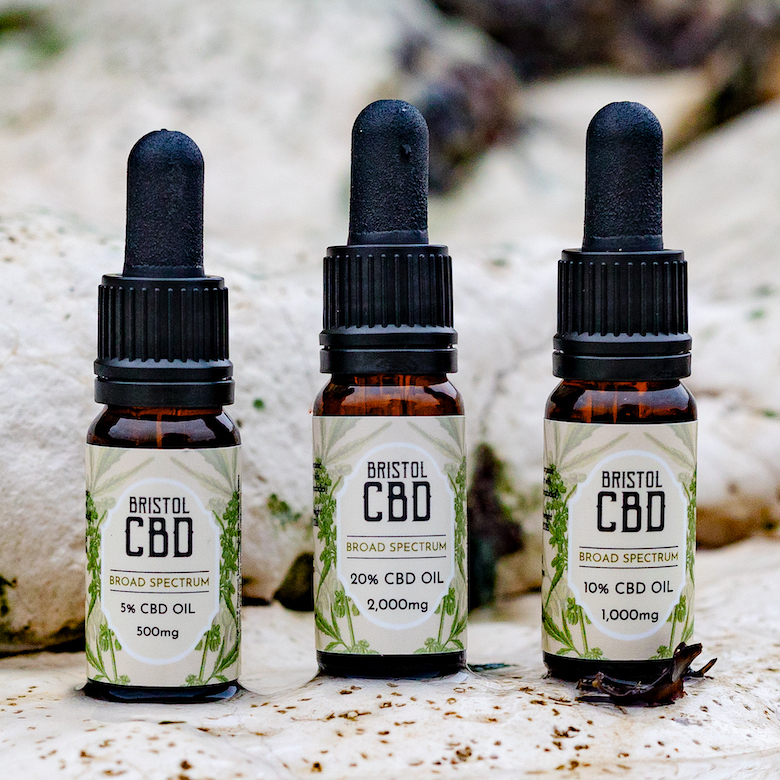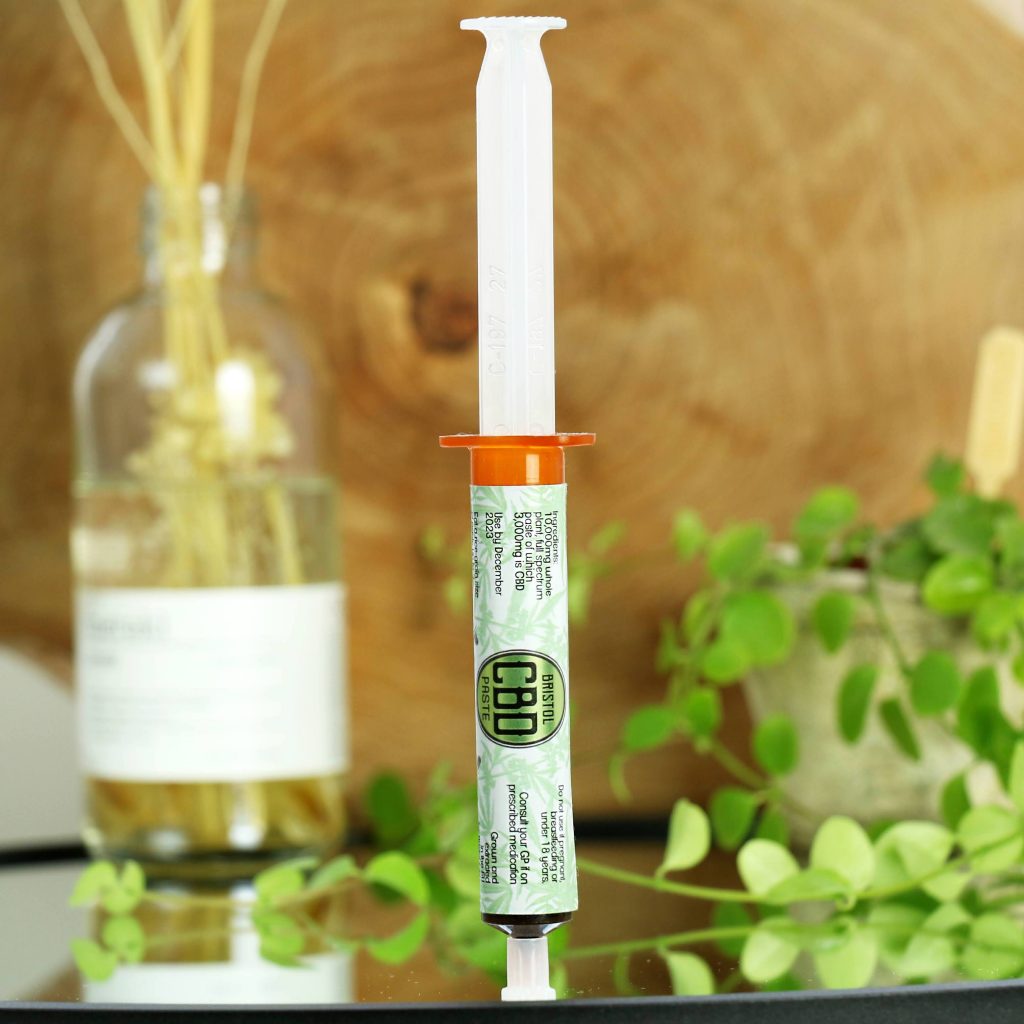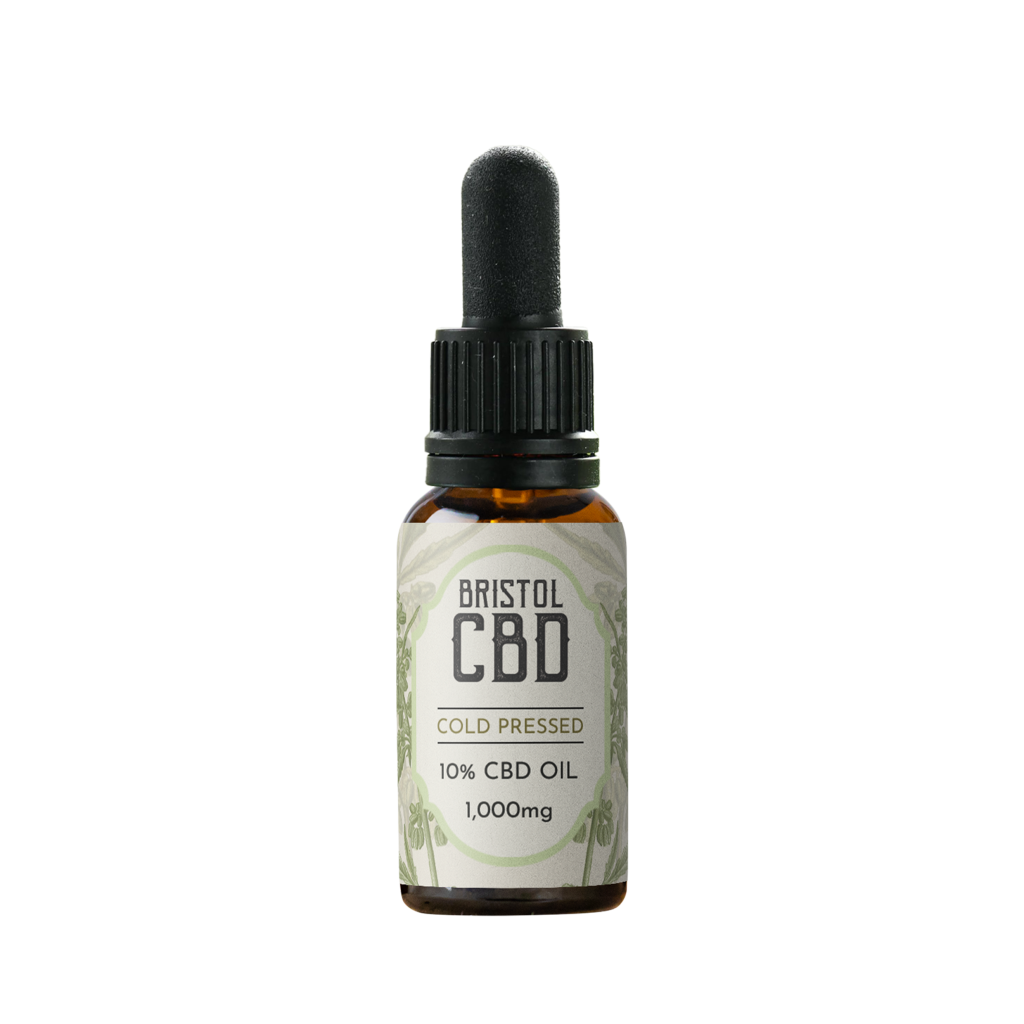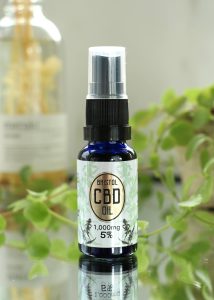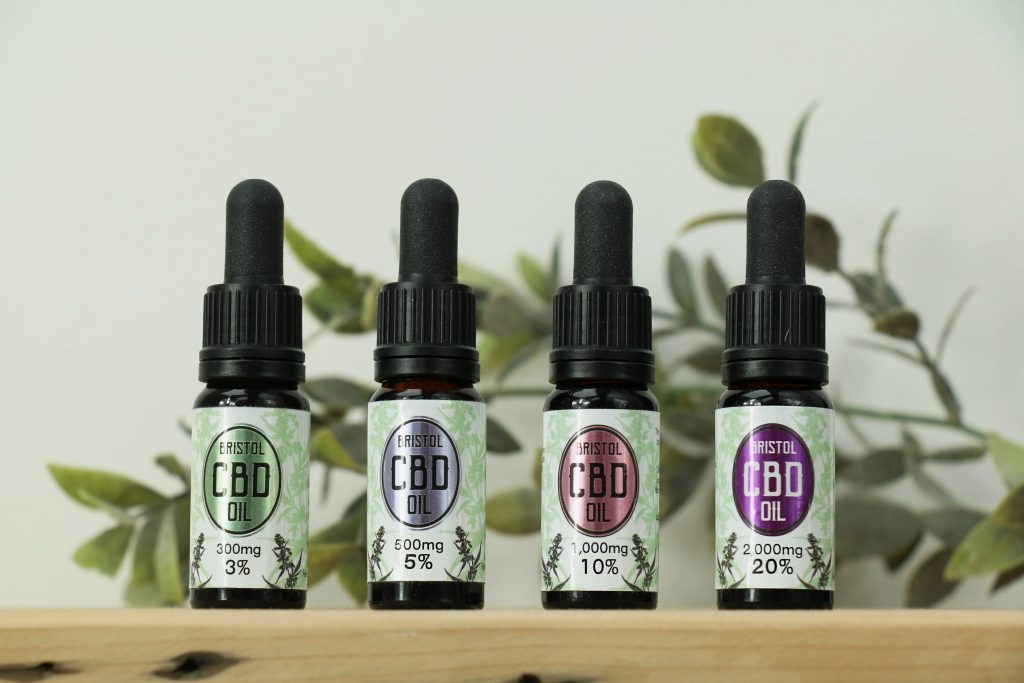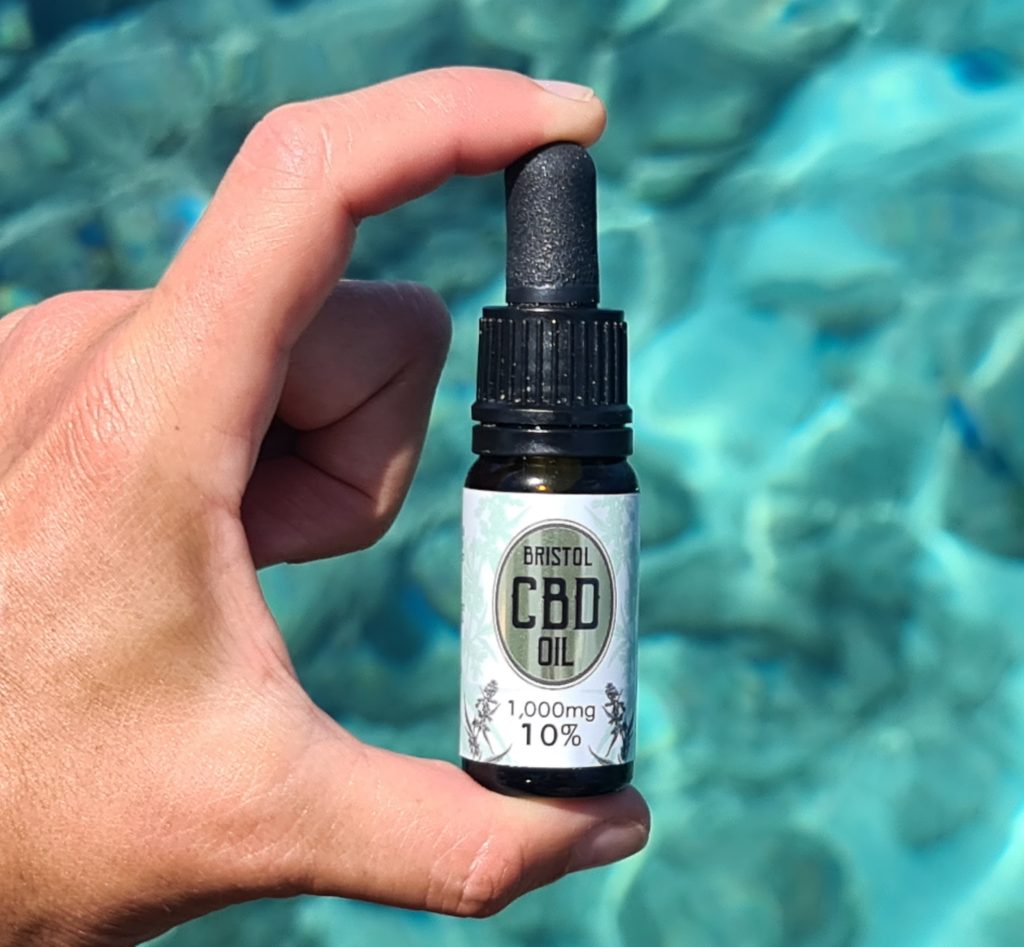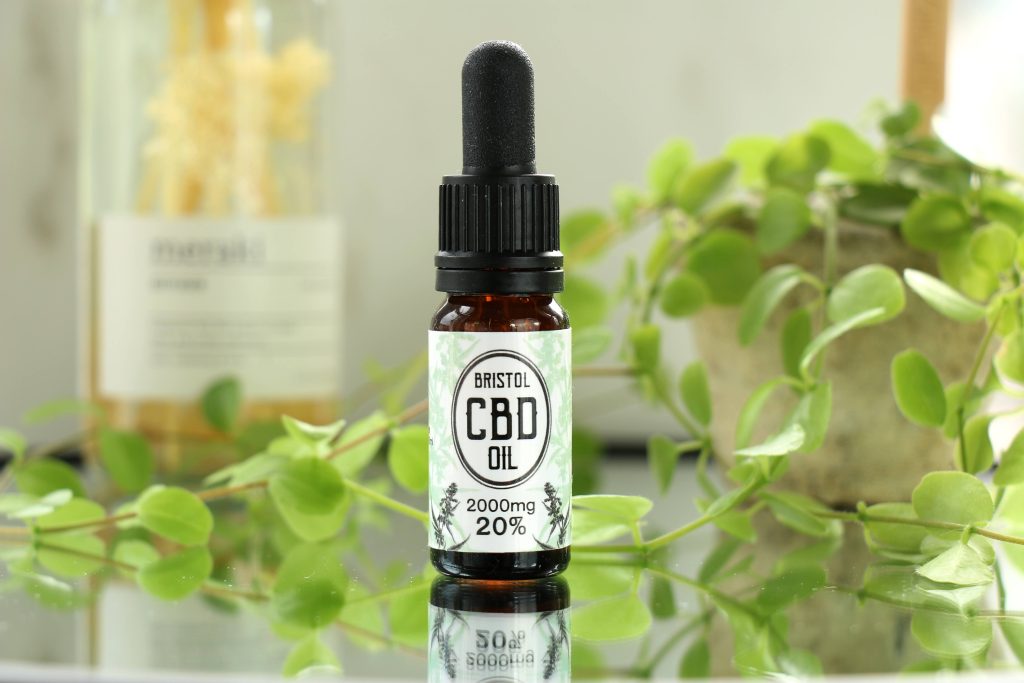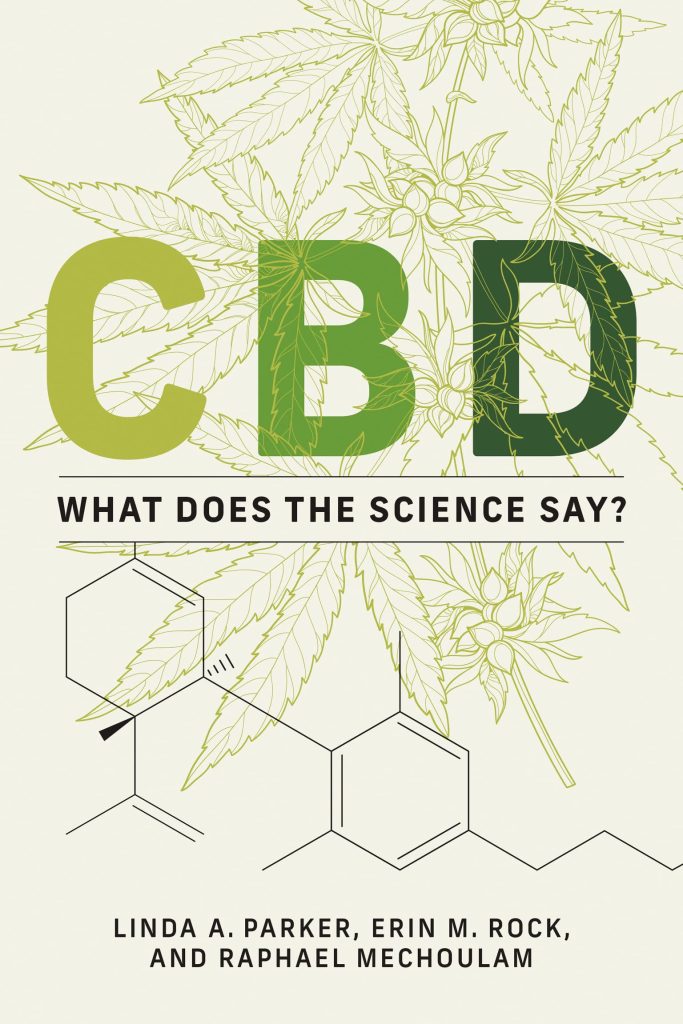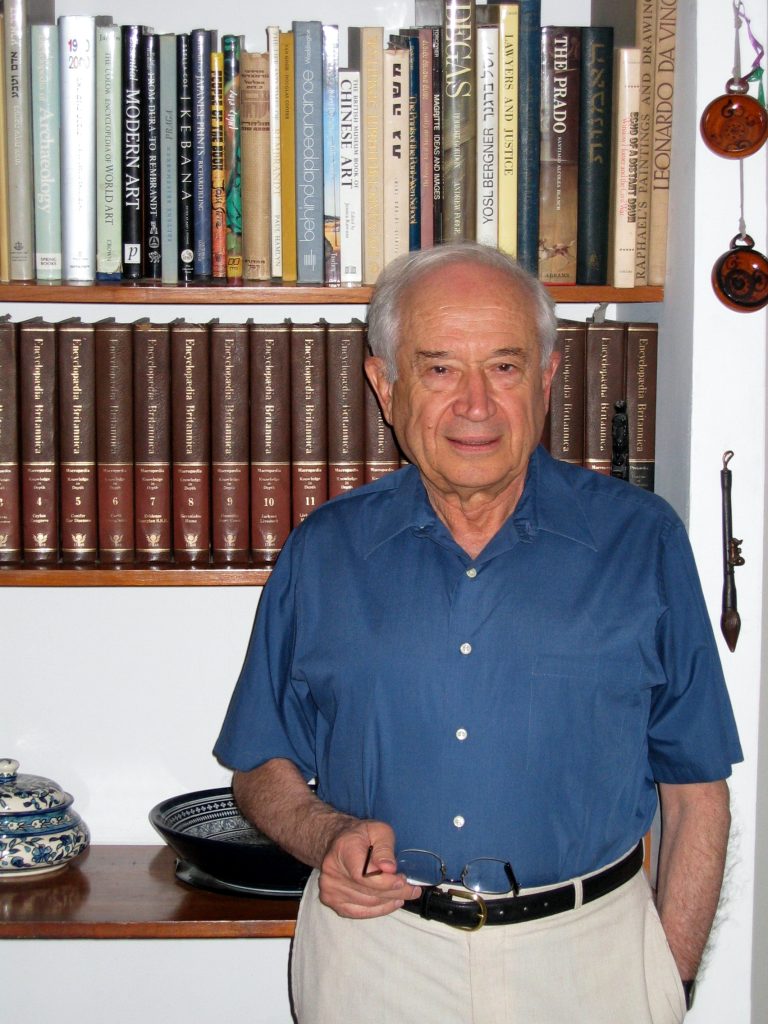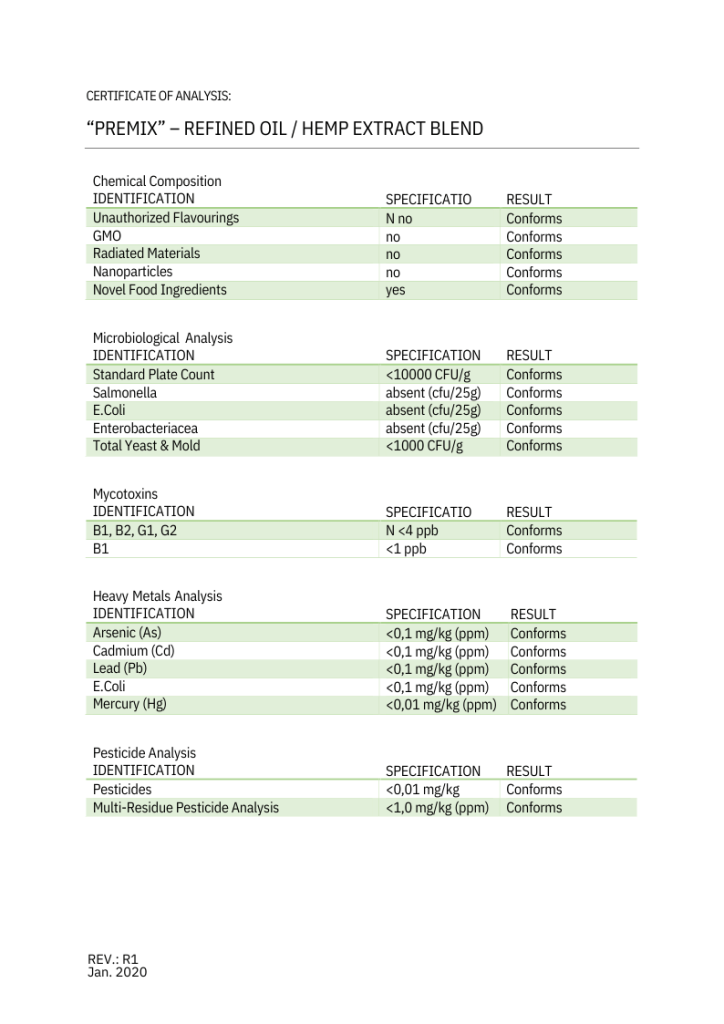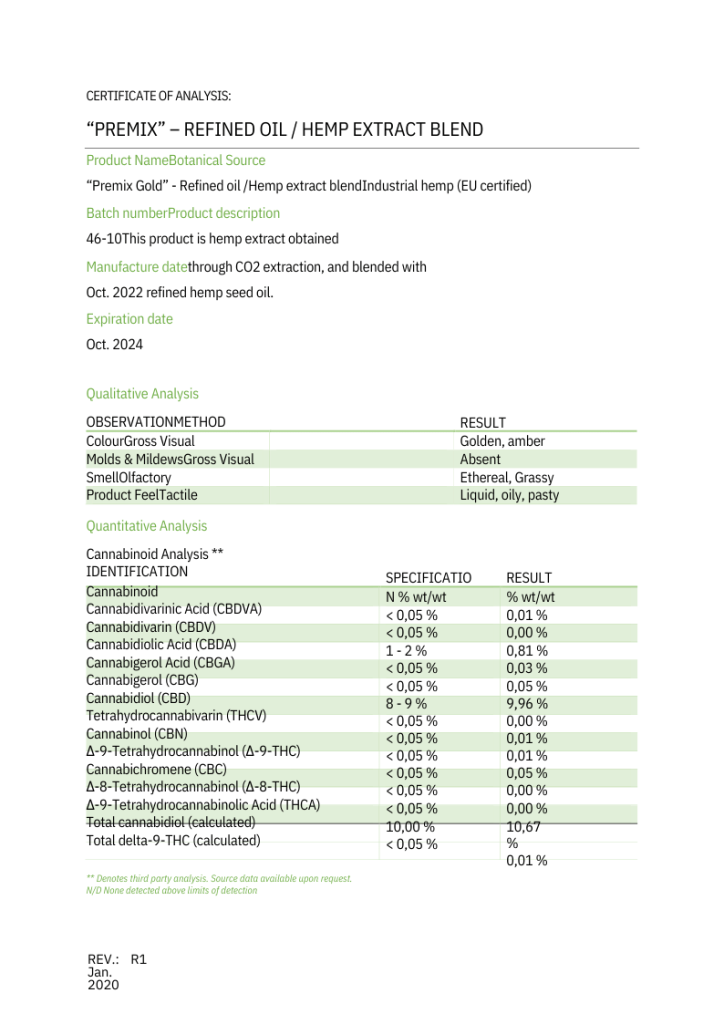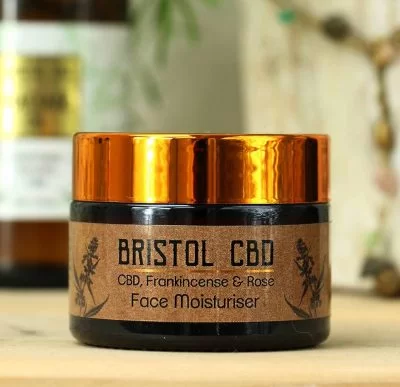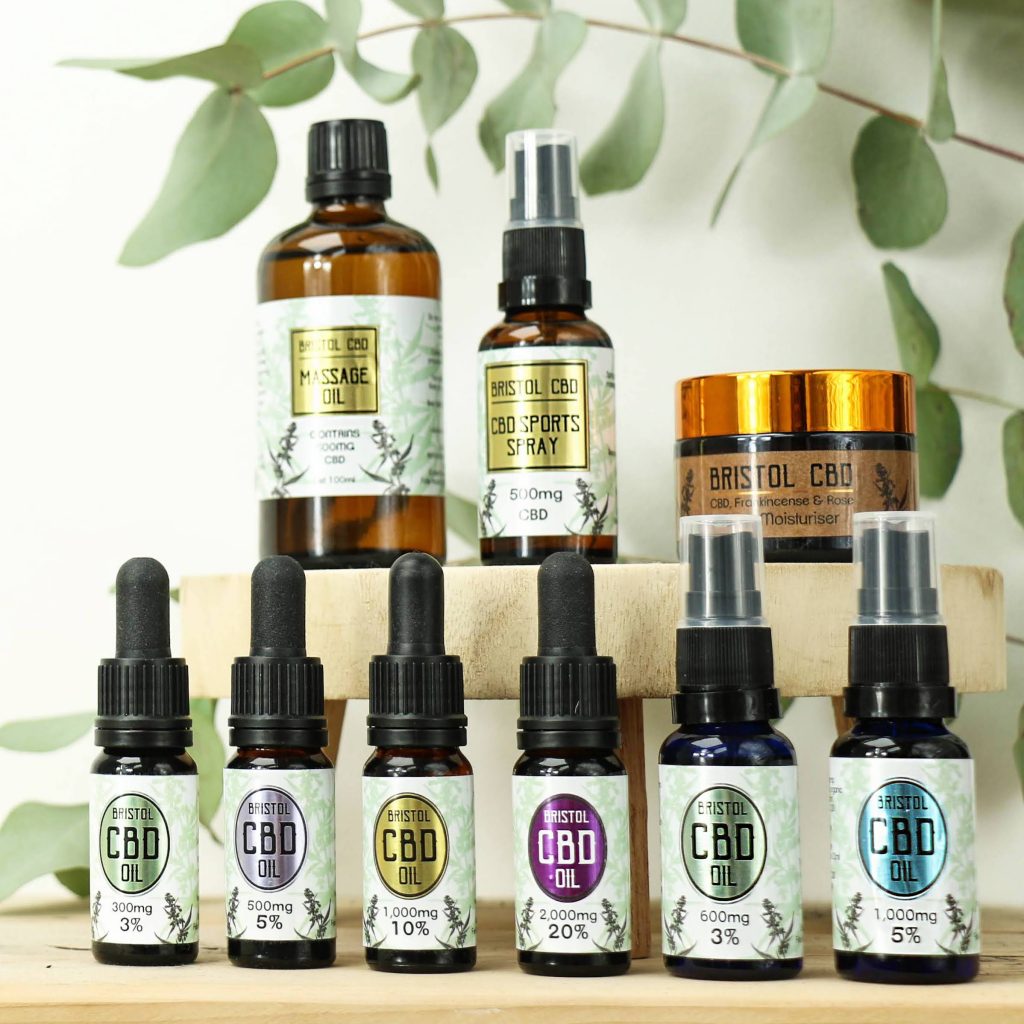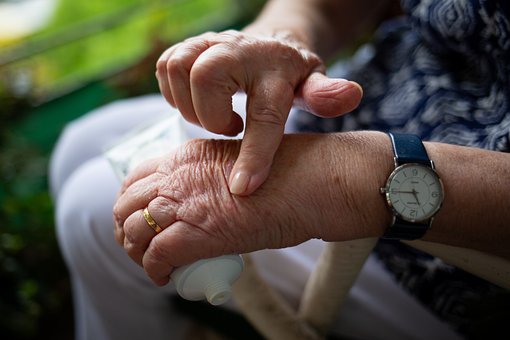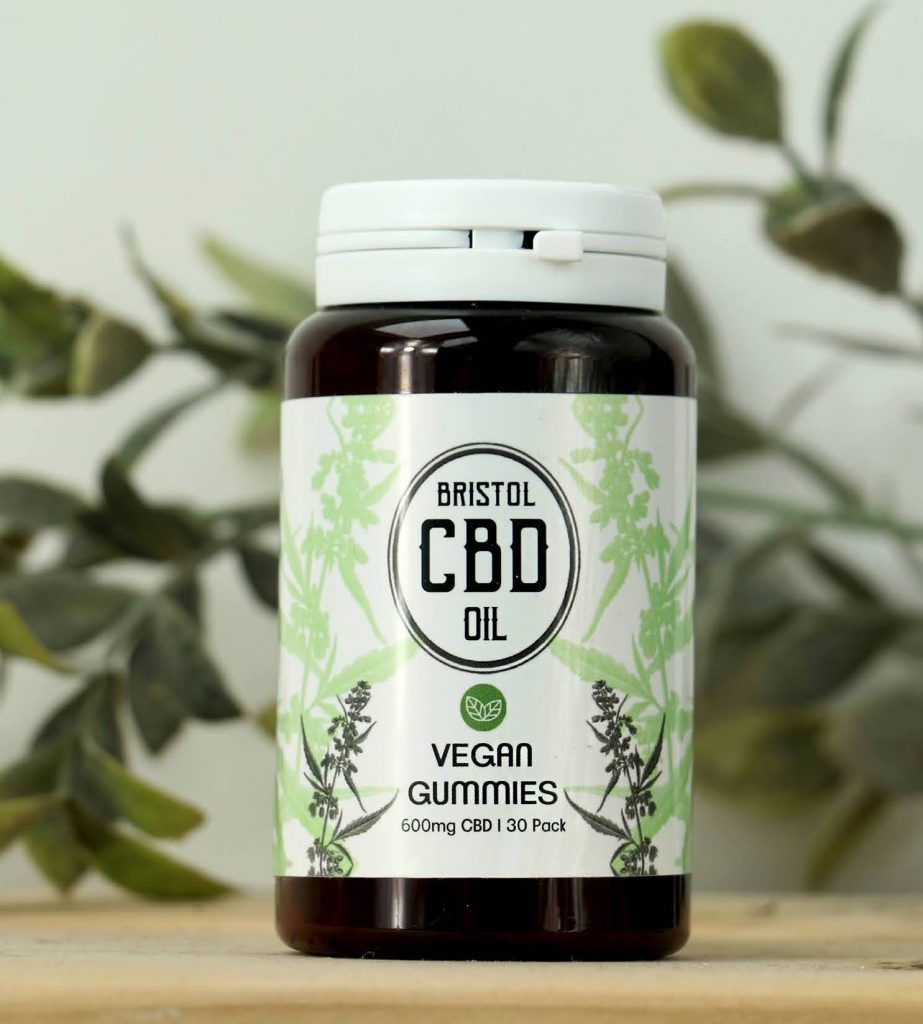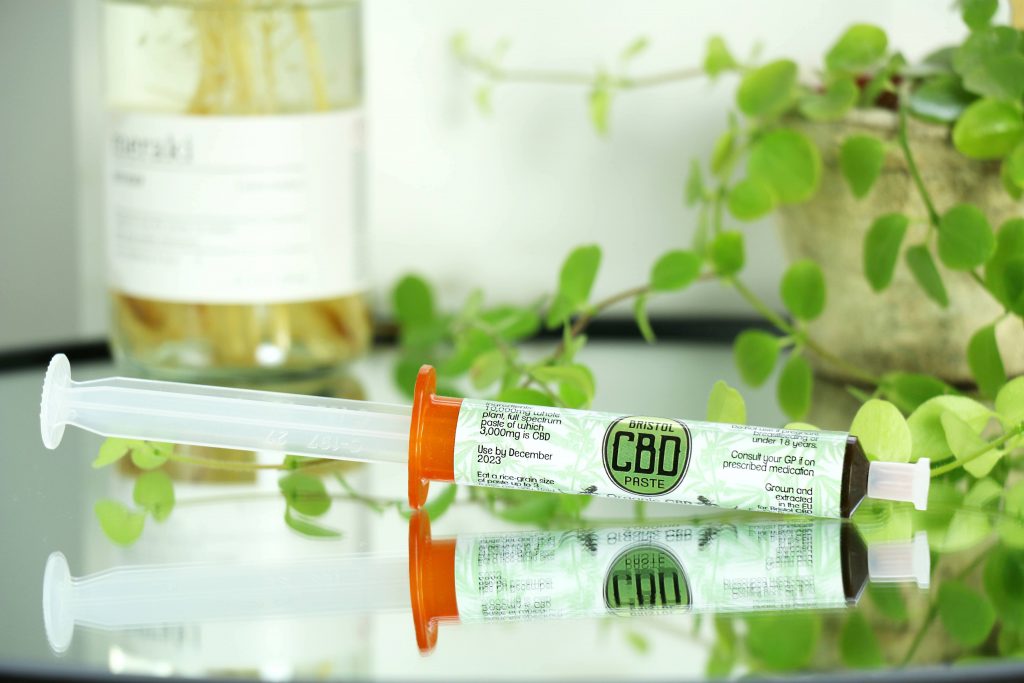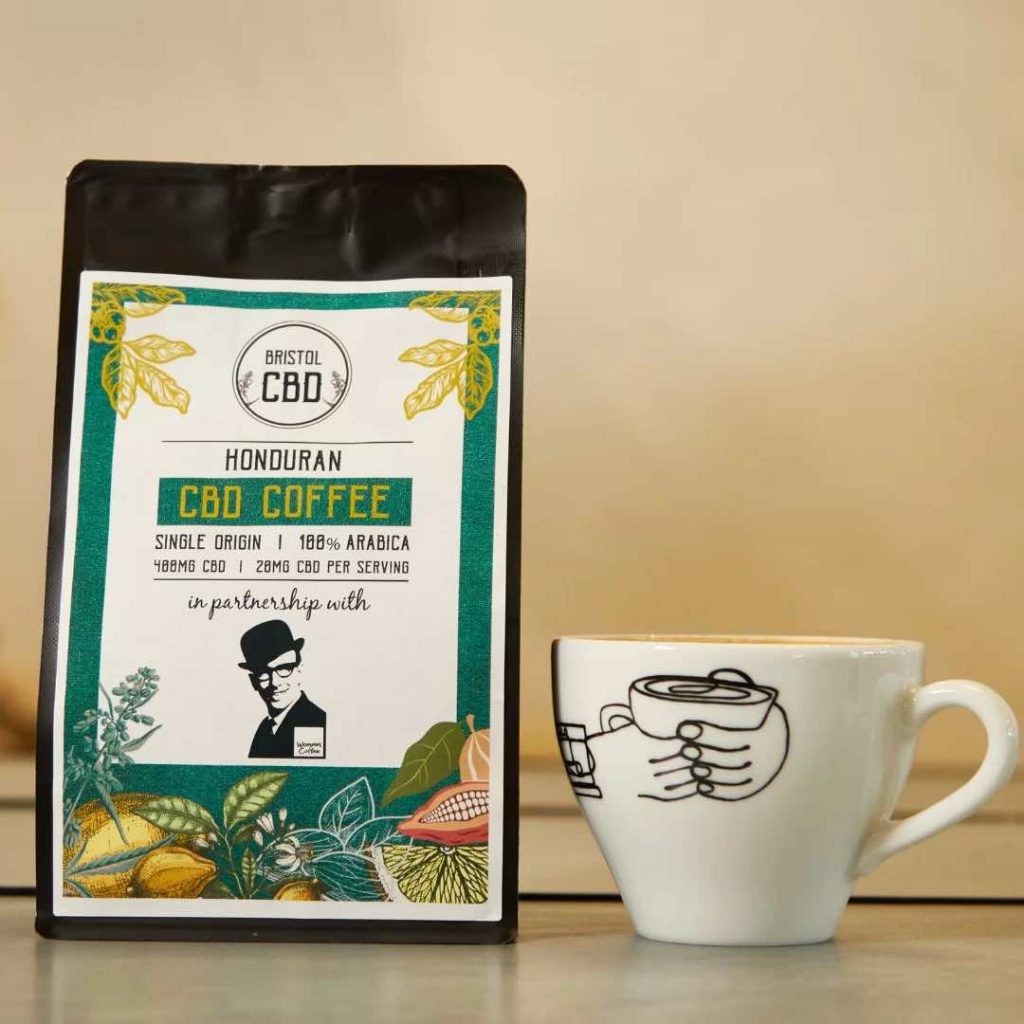When most people think about CBD, they think about:
- Pain relief
- Better sleep
- Reduced anxiety
- Calmer inflammation
But new research is beginning to explore another fascinating area:
CBD and bone health.
A recent scientific review examined how cannabidiol (CBD) may influence the cells responsible for building and maintaining our bones. While research is still developing, early findings suggest CBD could play a supportive role in bone balance and regeneration.
For anyone in the UK interested in natural ways to support long-term skeletal health, this is an area worth understanding.
How Bone Health Actually Works
Your bones are living tissue.
They are constantly being renewed through a process called bone remodelling, which involves two key cell types:
- Osteoblasts – cells that build new bone
- Osteoclasts – cells that break old bone down
Healthy bones rely on balance between these two.
As we age — particularly over 40 — this balance can shift. Inflammation, stress and lifestyle factors can all influence bone density over time.
What Research Says About CBD and Bone Health
Emerging studies suggest CBD may support this delicate balance in several ways.
1️⃣ Supporting Bone Formation
Some laboratory and animal studies show CBD may stimulate osteoblast activity — the cells responsible for building new bone.
In simple terms, CBD may help create an environment that supports bone regeneration.
2️⃣ Regulating Bone Breakdown
The same research suggests CBD may reduce excessive osteoclast activity — helping prevent too much bone breakdown.
This isn’t about stopping natural bone turnover. It’s about maintaining healthy balance.
3️⃣ The Endocannabinoid System and Bone Tissue
Here’s where it gets interesting.
Bone tissue contains CB2 receptors, part of the body’s endocannabinoid system.
This system helps regulate:
- Inflammation
- Immune responses
- Tissue repair
- Cellular communication
CBD interacts with this system, which may explain why researchers are exploring CBD and bone health in the UK and globally.
Why Inflammation Matters for Bone Health
Chronic low-grade inflammation is linked to many age-related conditions, including reduced bone density.
CBD is widely studied for its anti-inflammatory and antioxidant properties. By helping regulate inflammation, CBD may indirectly support skeletal health.
This may be particularly relevant for:
- People managing inflammatory conditions
- Those experiencing joint discomfort
- Individuals focused on long-term mobility
Why Full-Spectrum CBD Matters
When considering CBD for whole-body support, quality matters.
At Bristol CBD, we focus on:
- Whole Plant Full Spectrum CBD Oil
- Third-party lab testing
- FSA Novel Food compliance
- Consistent potency and transparency
You can explore our most popular options here:
Full-spectrum extracts allow cannabinoids and terpenes to work together: often referred to as the entourage effect.
When supporting overall balance in the body, this synergy may be important.
Is CBD a Treatment for Bone Conditions?
It’s important to be clear:
- Human clinical trials are still limited
- CBD is not a replacement for medical treatment
- Anyone with diagnosed bone conditions should consult a healthcare professional
However, research into CBD and bone health in the UK is growing, and early findings are encouraging.
CBD appears to support the biological environment that allows the body to maintain balance — and bone health may be part of that wider picture.
The Bigger Picture: Supporting Long-Term Mobility
Bone health isn’t just about fractures.
It’s about:
- Staying active
- Maintaining independence
- Supporting recovery
- Ageing well
Many of our customers use CBD as part of a long-term wellness routine to support inflammation balance and overall vitality.
As research continues, we’re learning that the endocannabinoid system plays a broader role in maintaining structural health than previously thought.
Interested in Exploring CBD?
If you’re curious about incorporating CBD into your routine:
- Start with a consistent daily dose
- Choose a high-quality, lab-tested full-spectrum product
- Build gradually and assess how you feel
If you’d like guidance on strength or dosage, we’re here to help.
👉 Explore our full range of CBD Oils UK here:
https://www.bristolcbd.co.uk/bristol-cbd-shop/
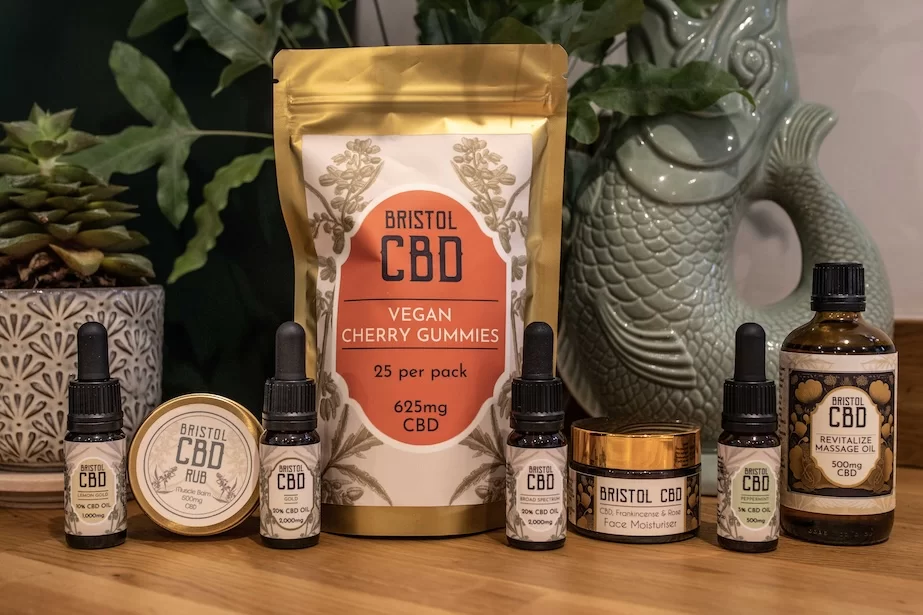
💚 About Bristol CBD
Bristol CBD is the most trusted CBD brand in the UK, with a 5.0-star rating on both Google and Trustpilot. Alongside our premium CBD products, we also offer a carefully curated range of high-spec functional mushrooms, including Lion’s Mane, Cordyceps, Shiitake, Chaga, Reishi, and Turkey Tail.
We pride ourselves on offering unparalleled customer service, support, and advice, backed by a 100% money-back guarantee if you’re not completely satisfied with your product.
If you have any questions about buying or using CBD or medicinal mushrooms, feel free to call us anytime on 07706 031 935. We’re always happy to share our experience and help you find the best solution for your personal needs.
Please note: our staff are not qualified doctors or nurses, and we do not make medical claims or recommend CBD for specific ailments. All content is based on scientific research and years of practical experience. We always encourage speaking with your GP or healthcare provider before starting any new supplement.
